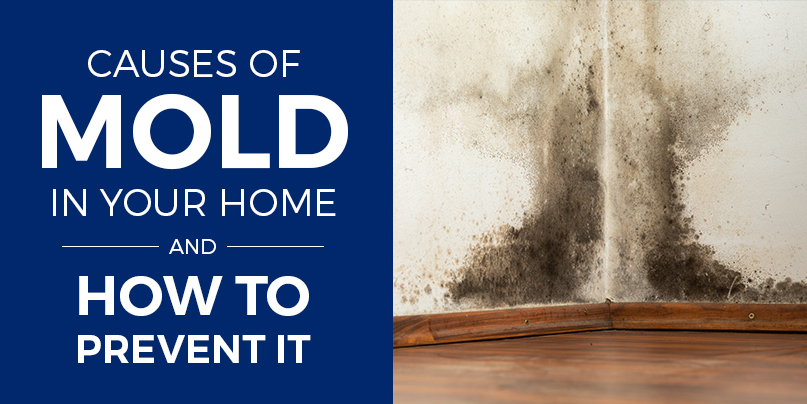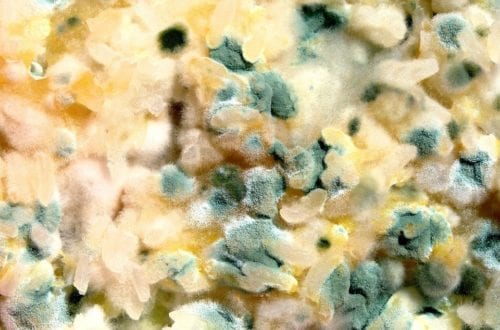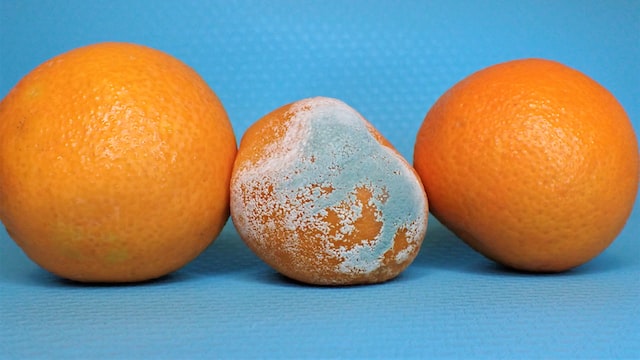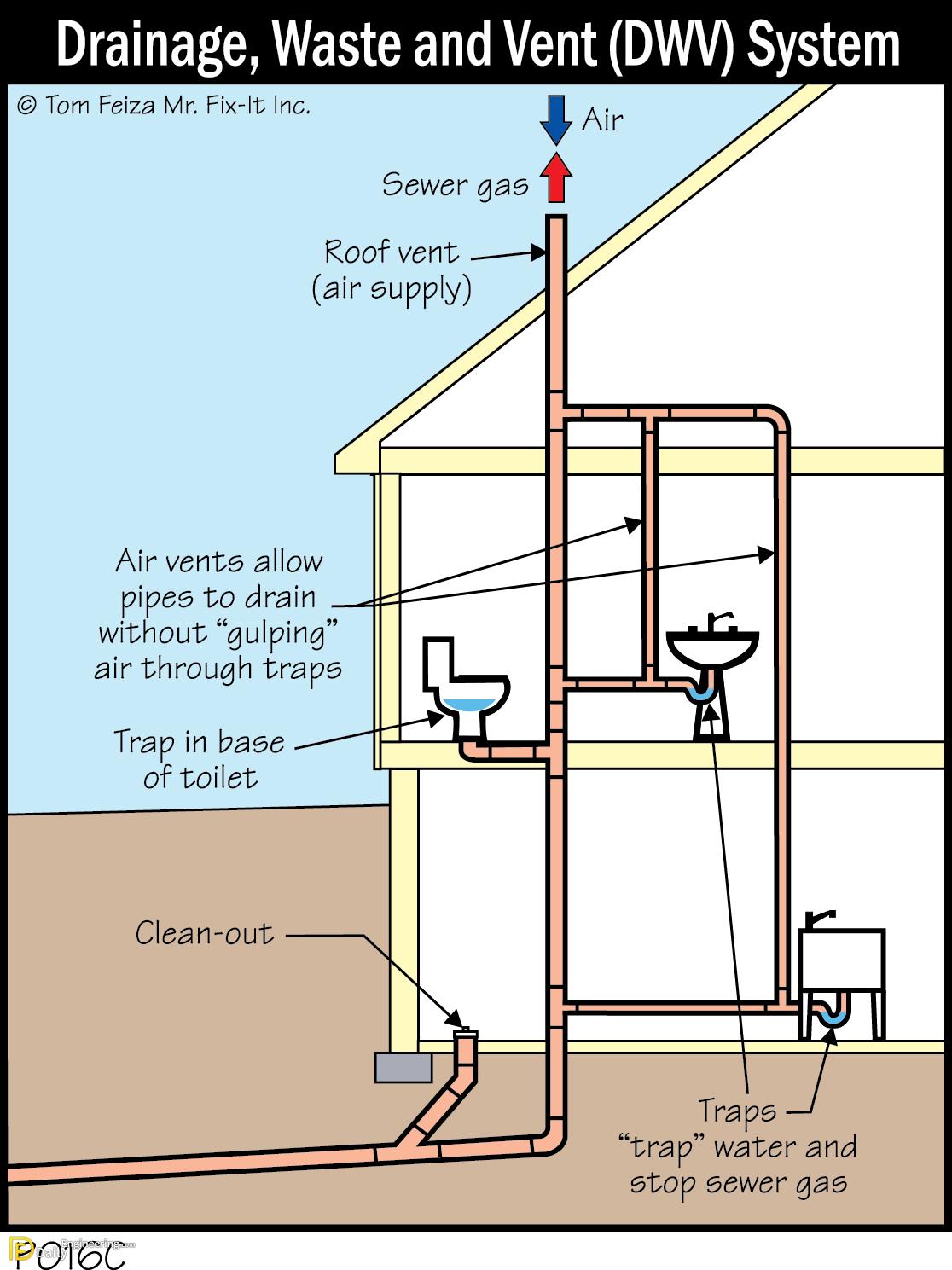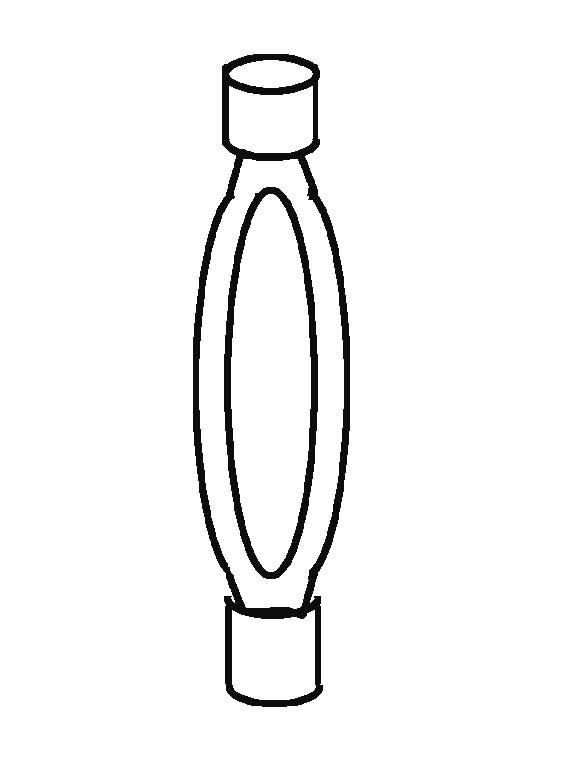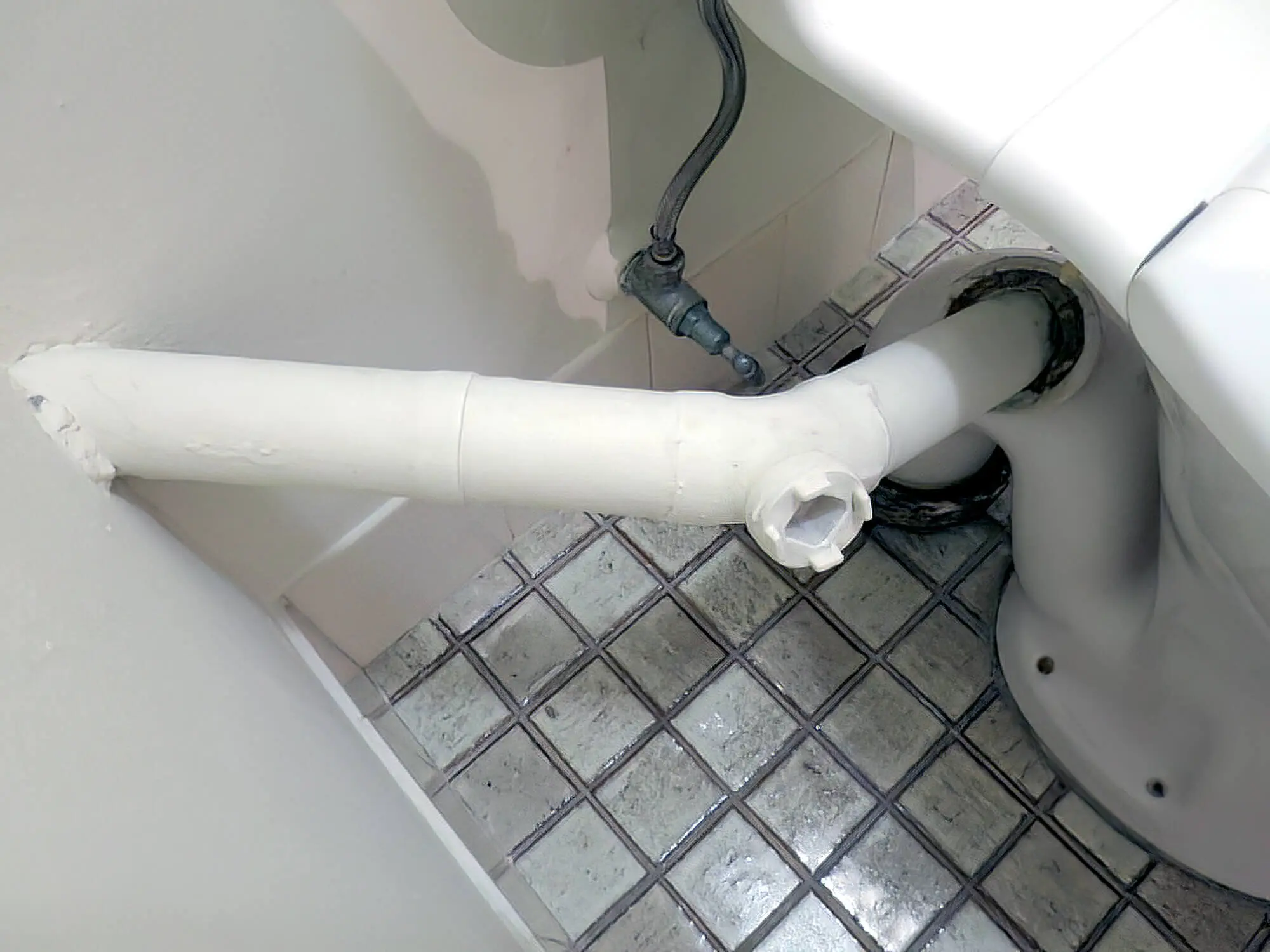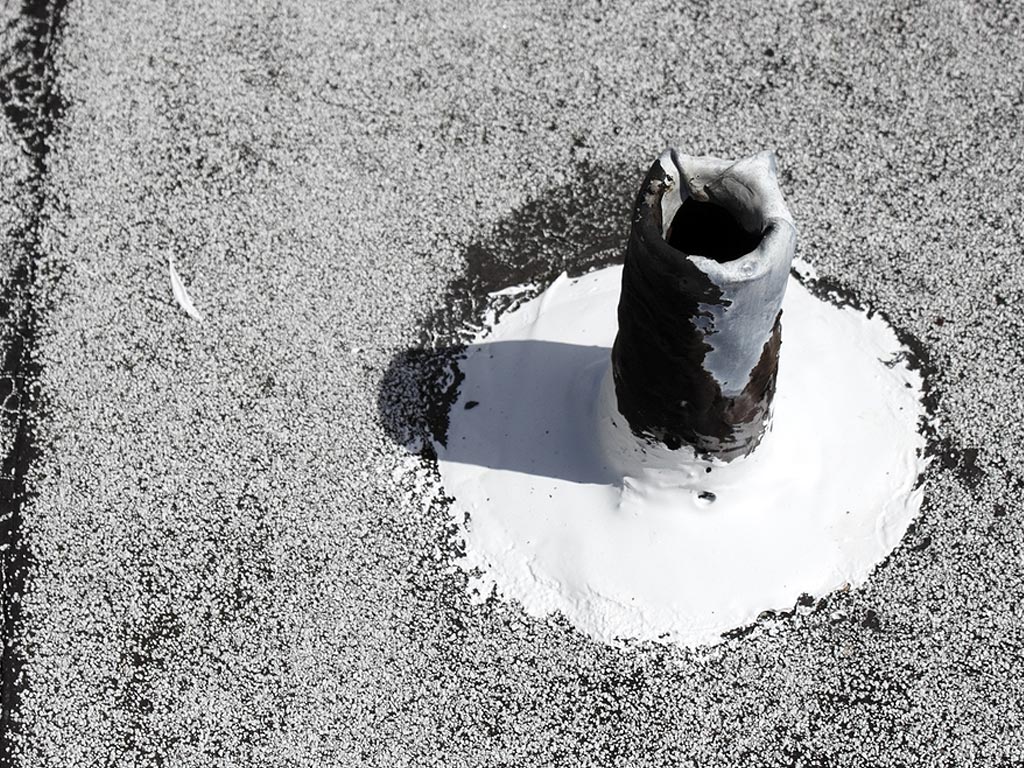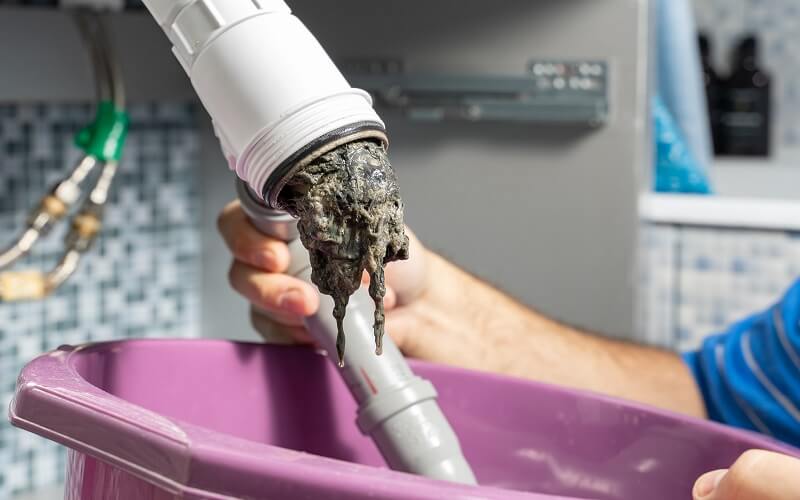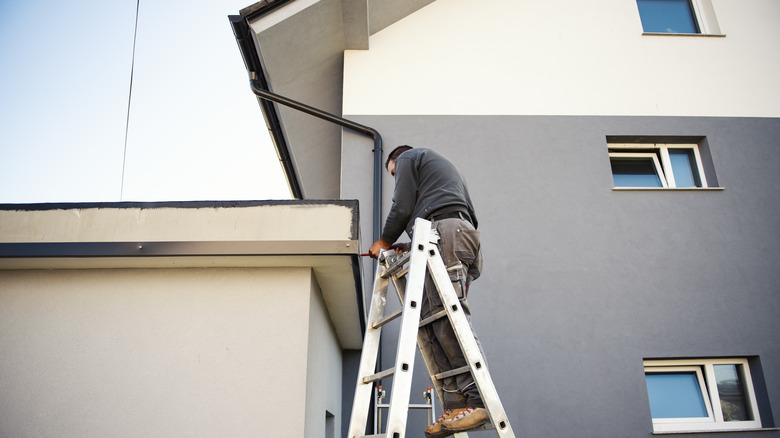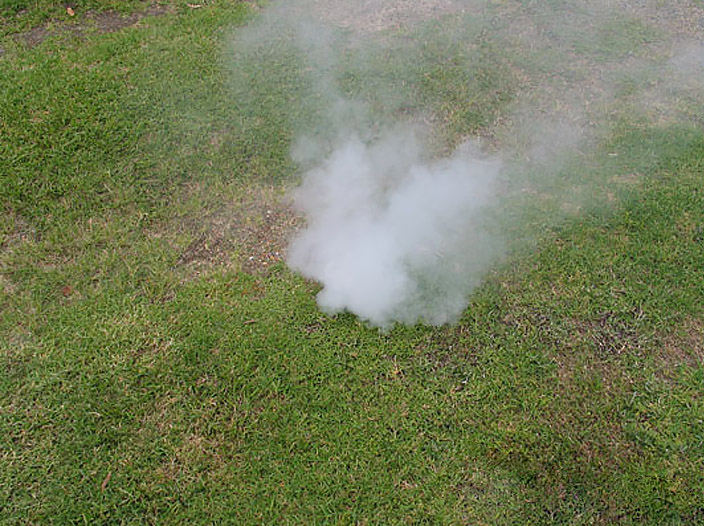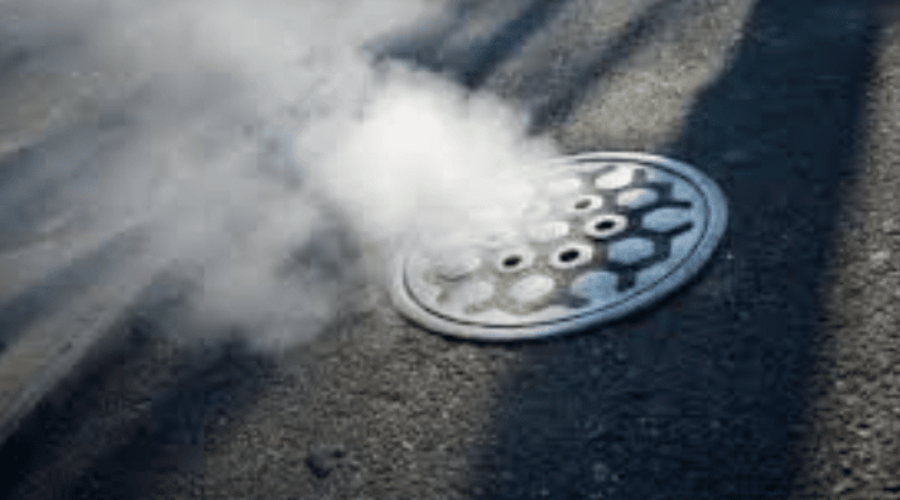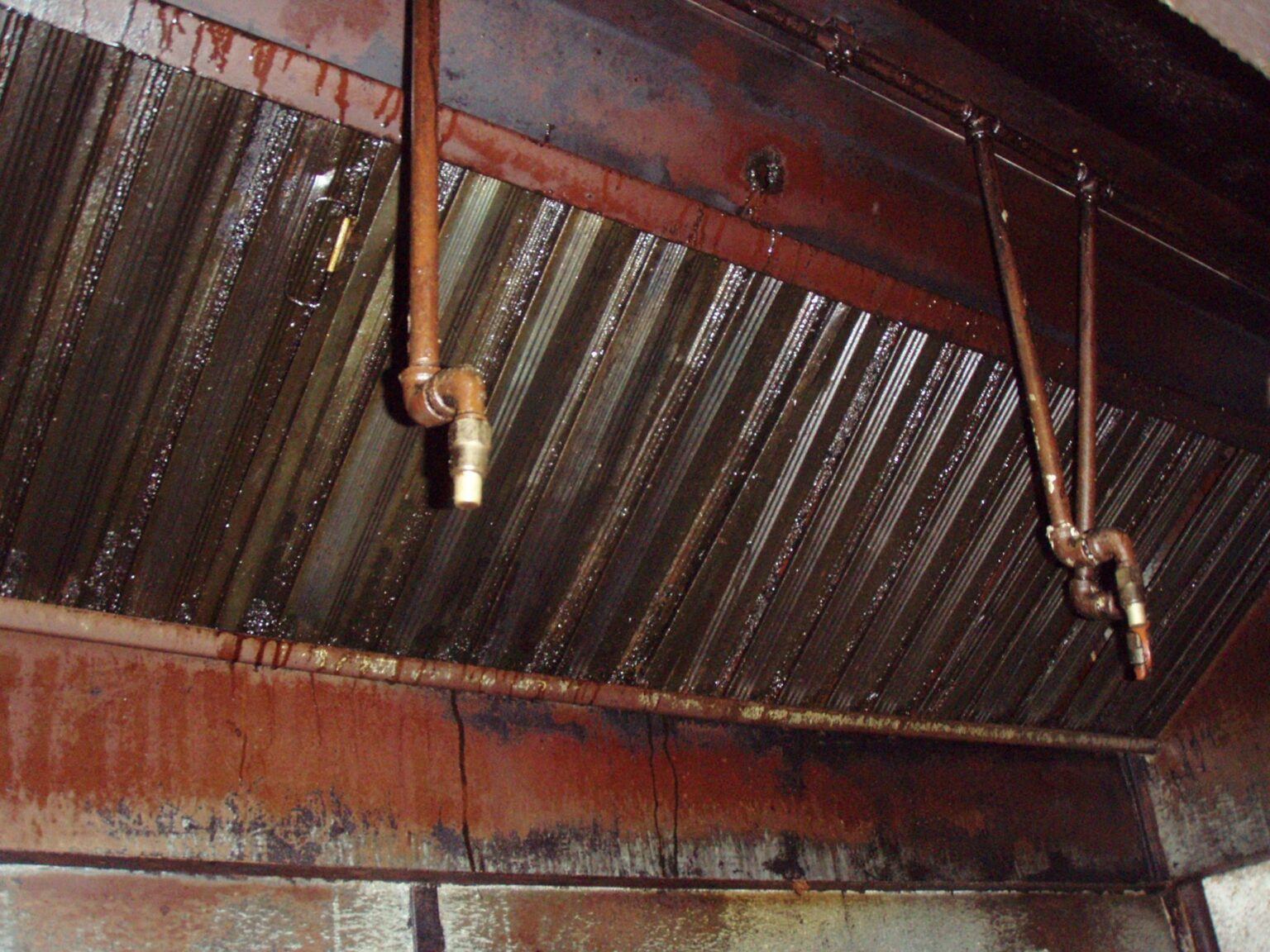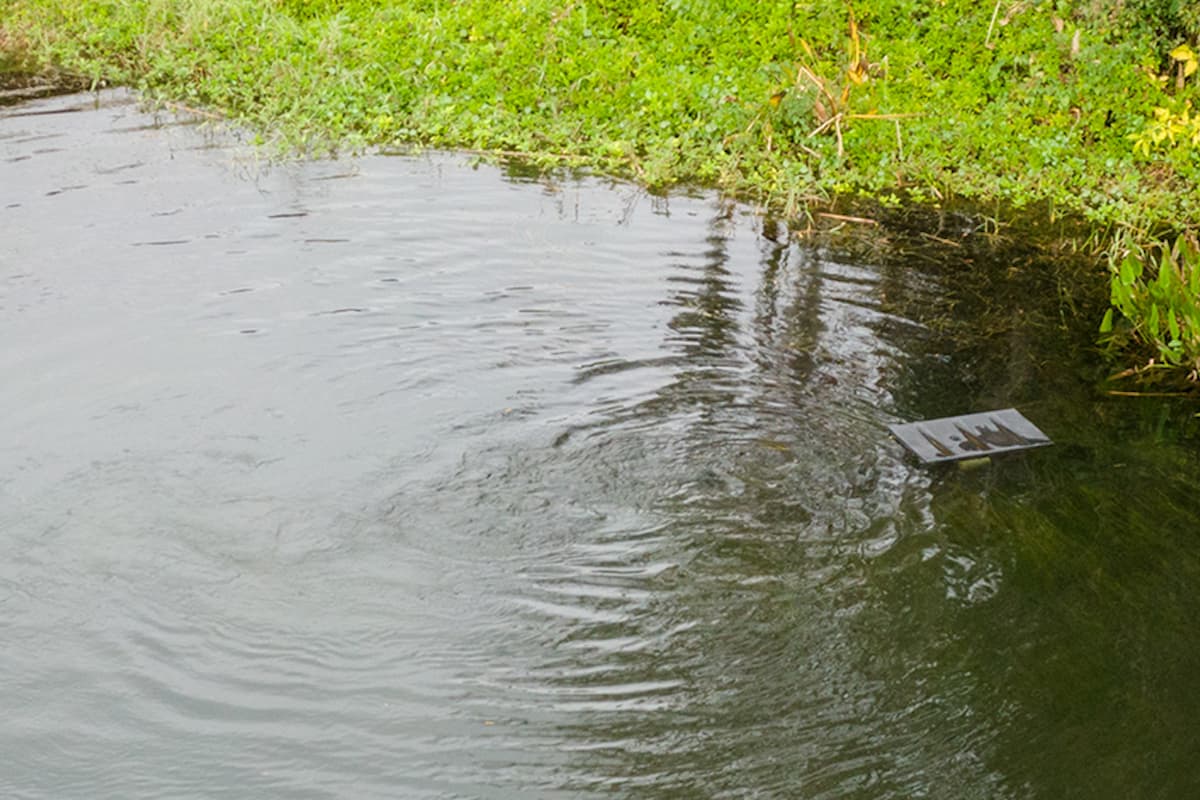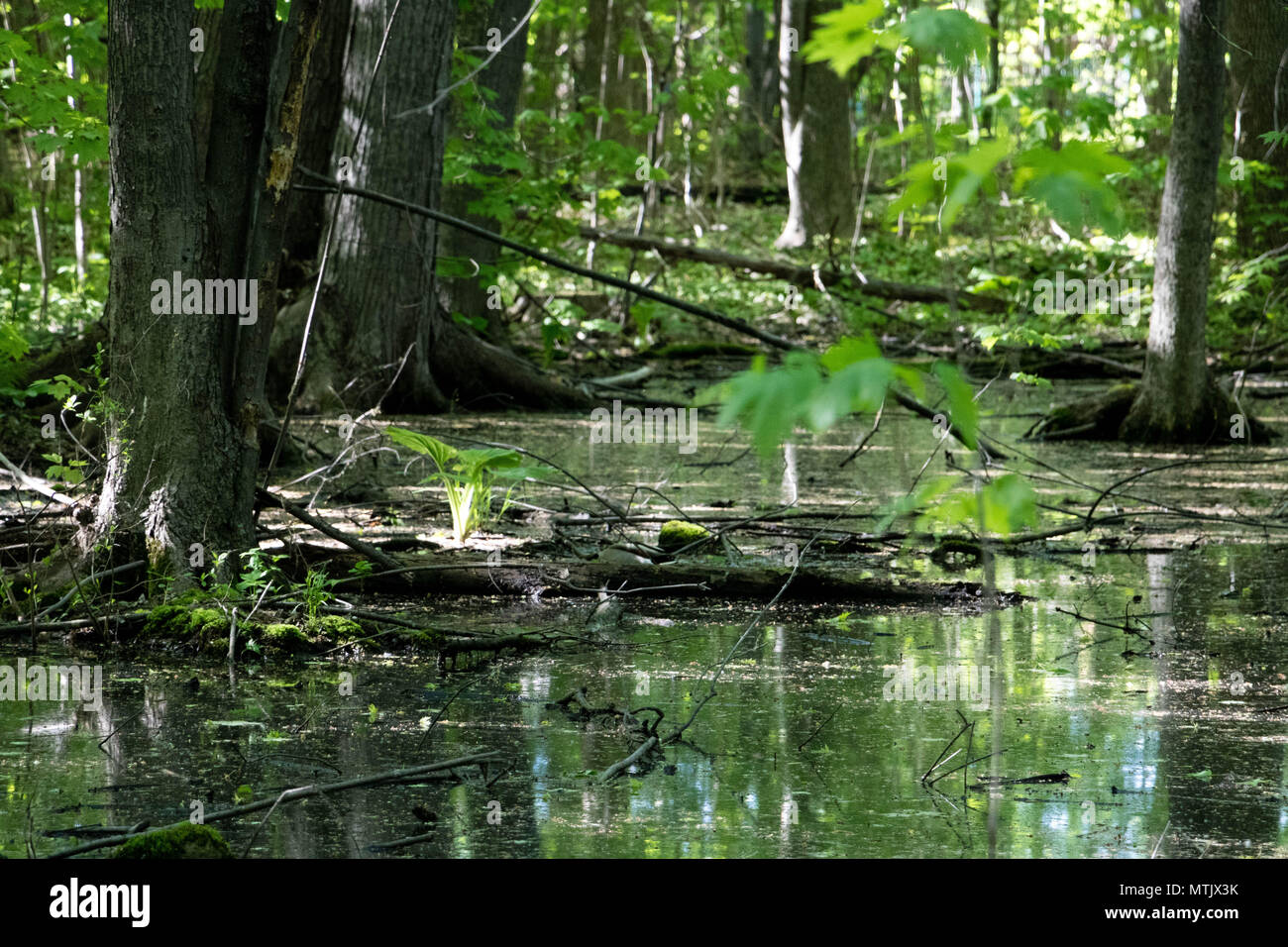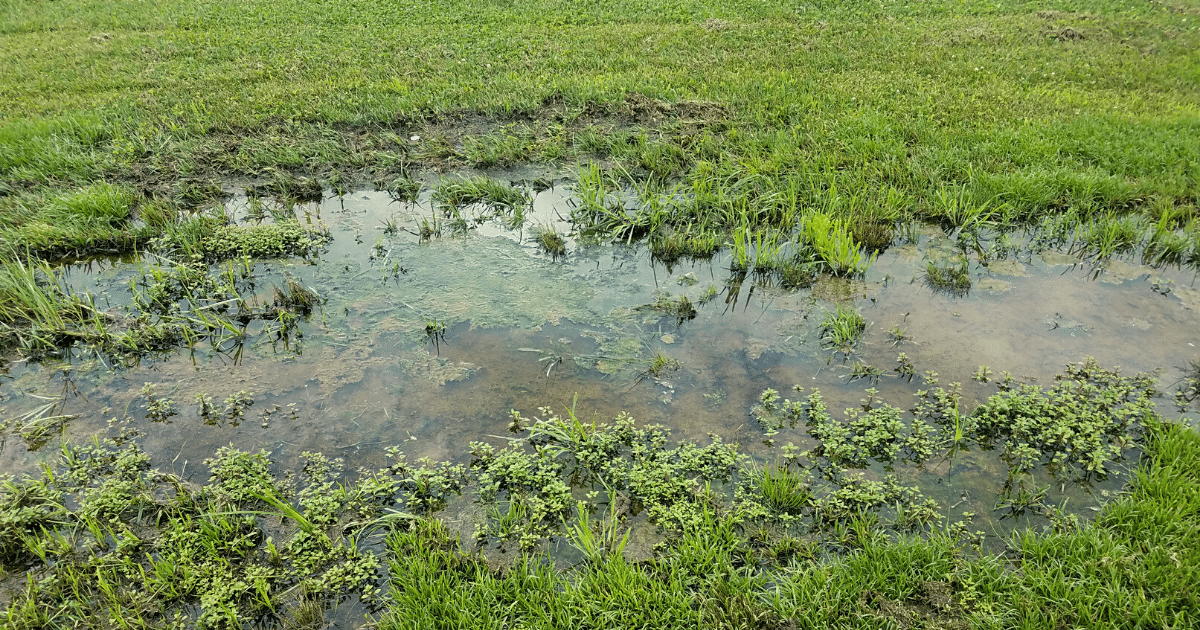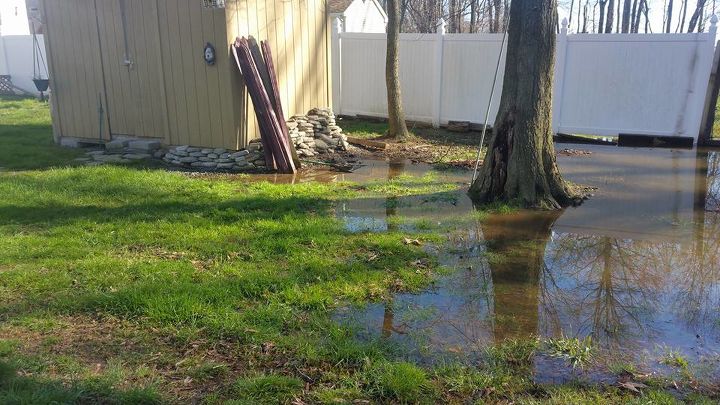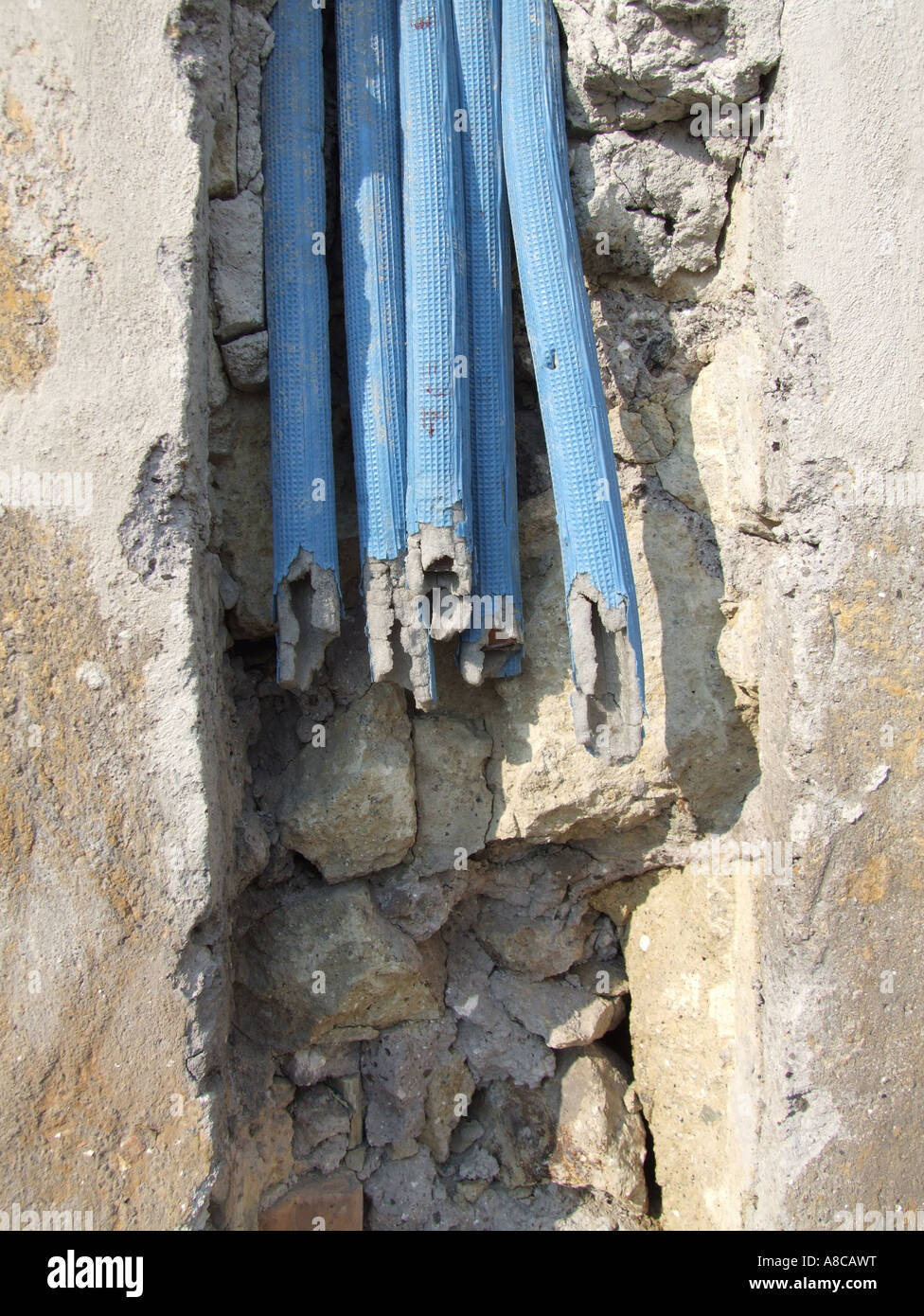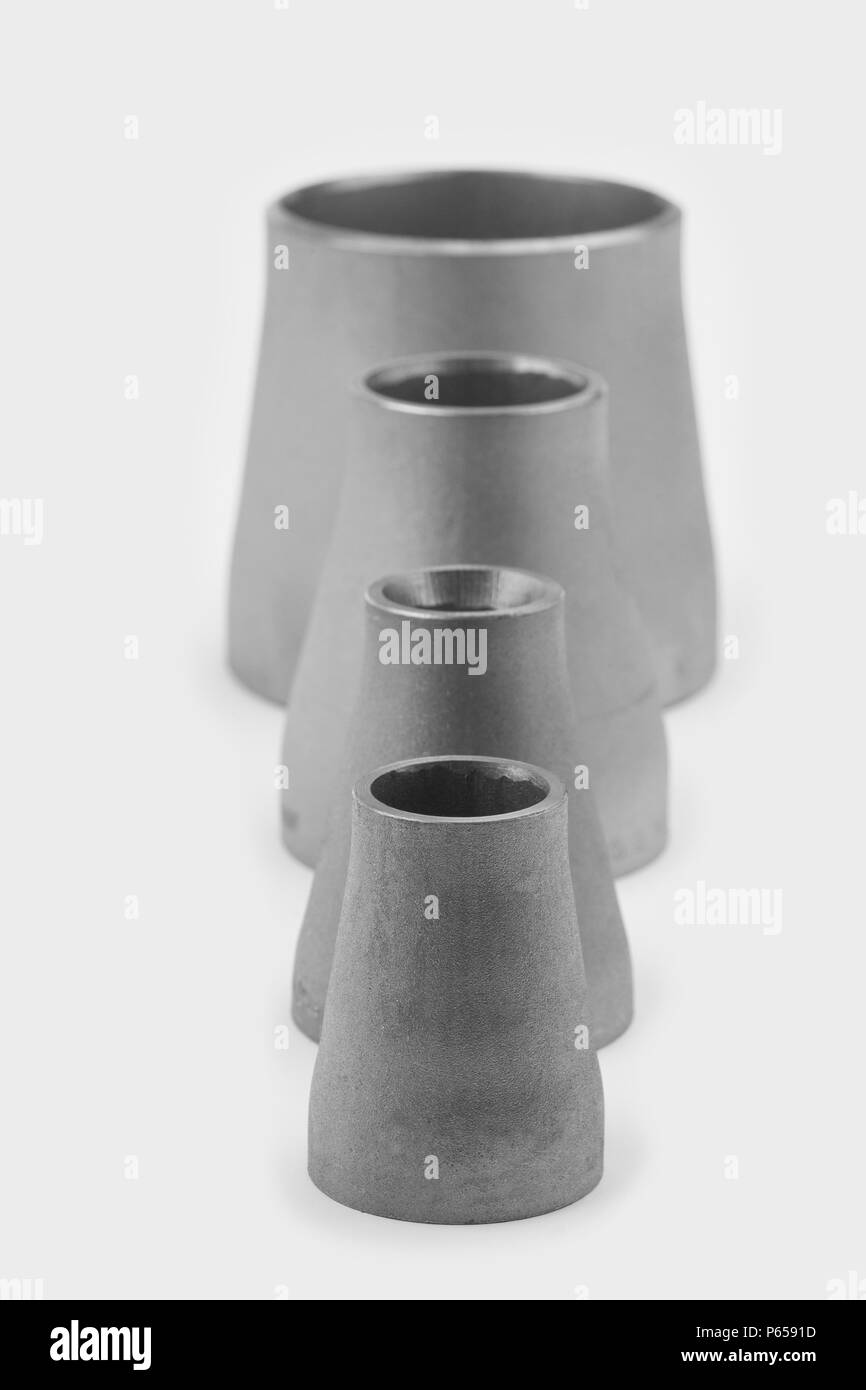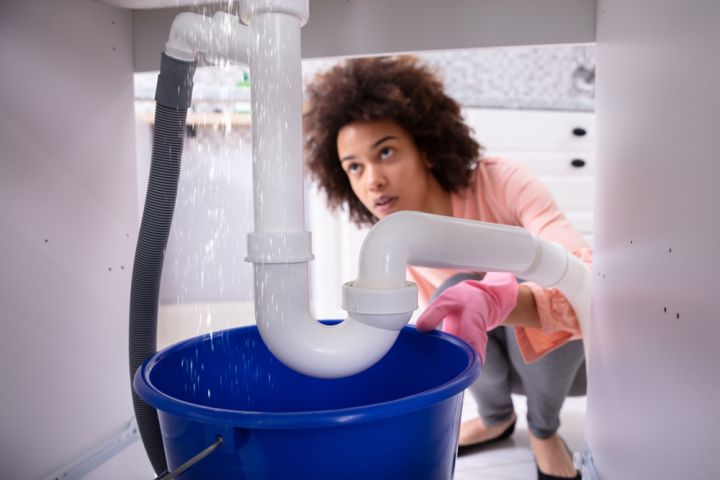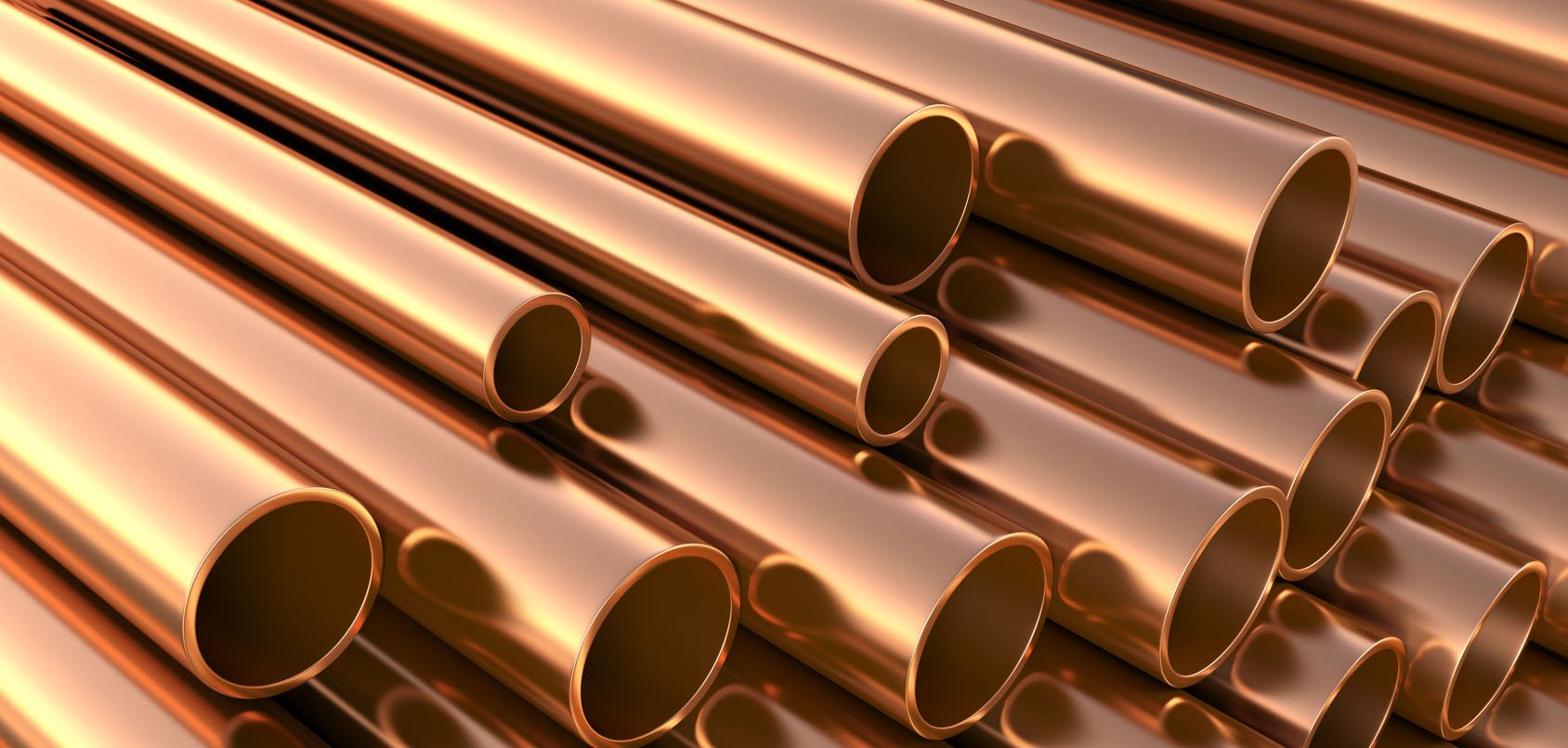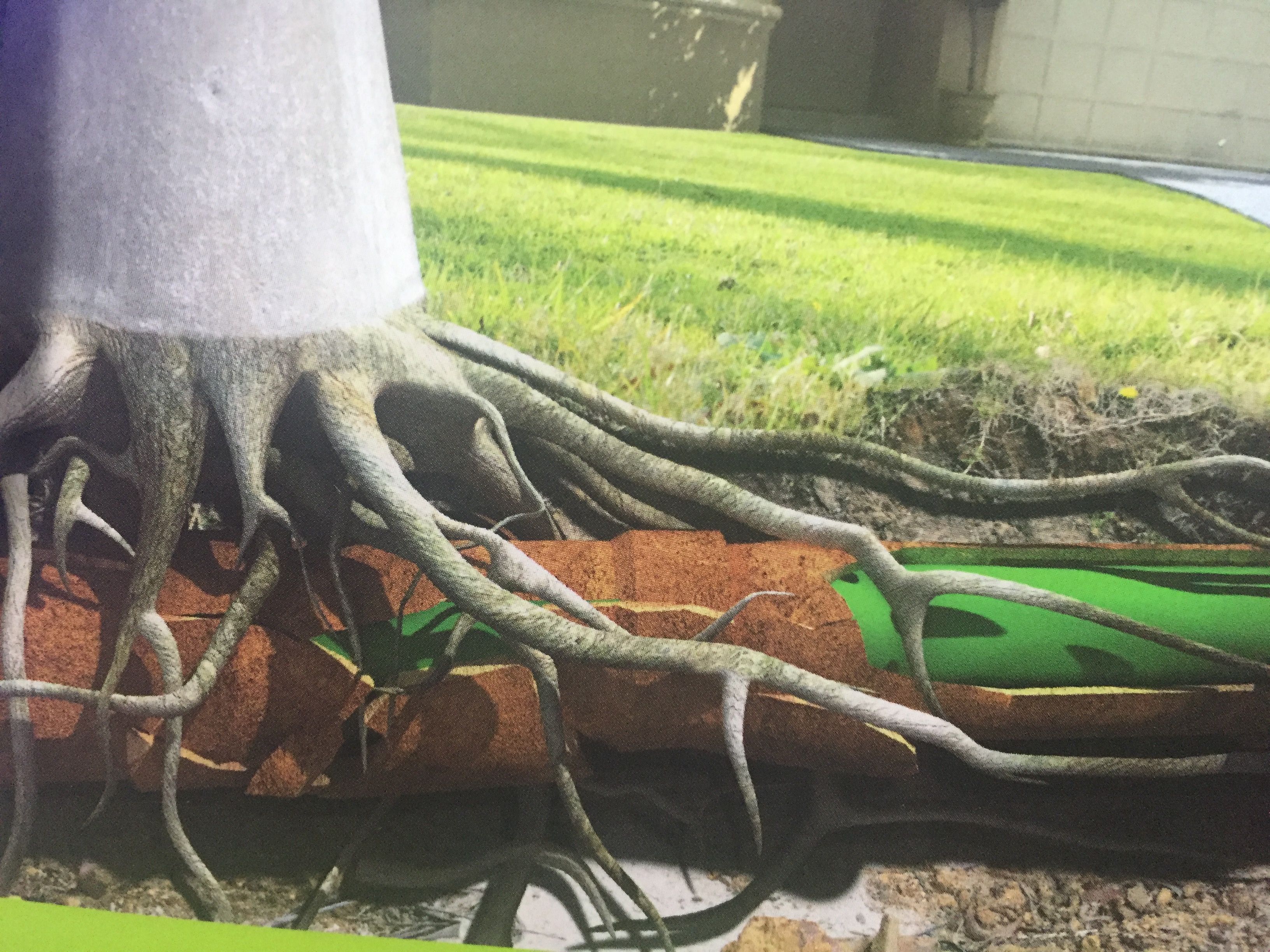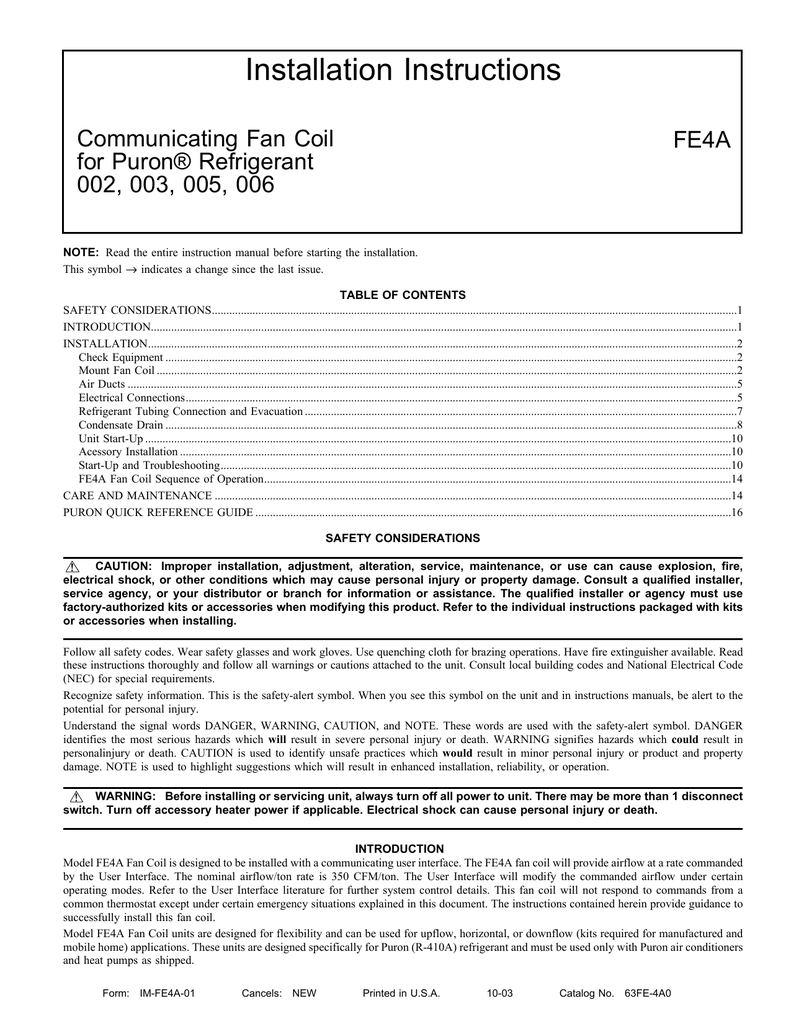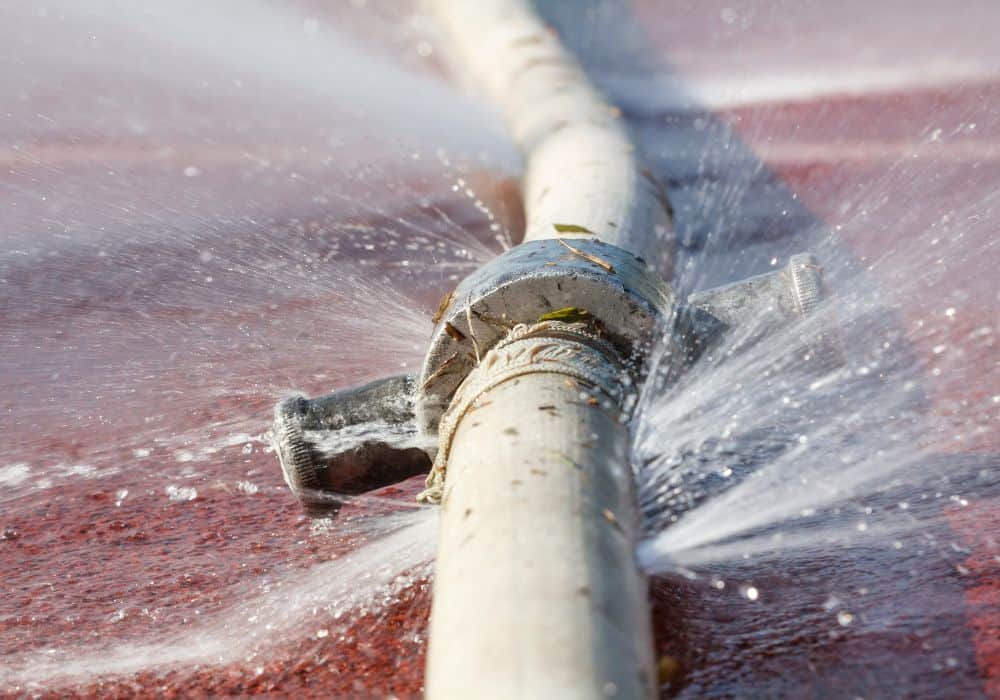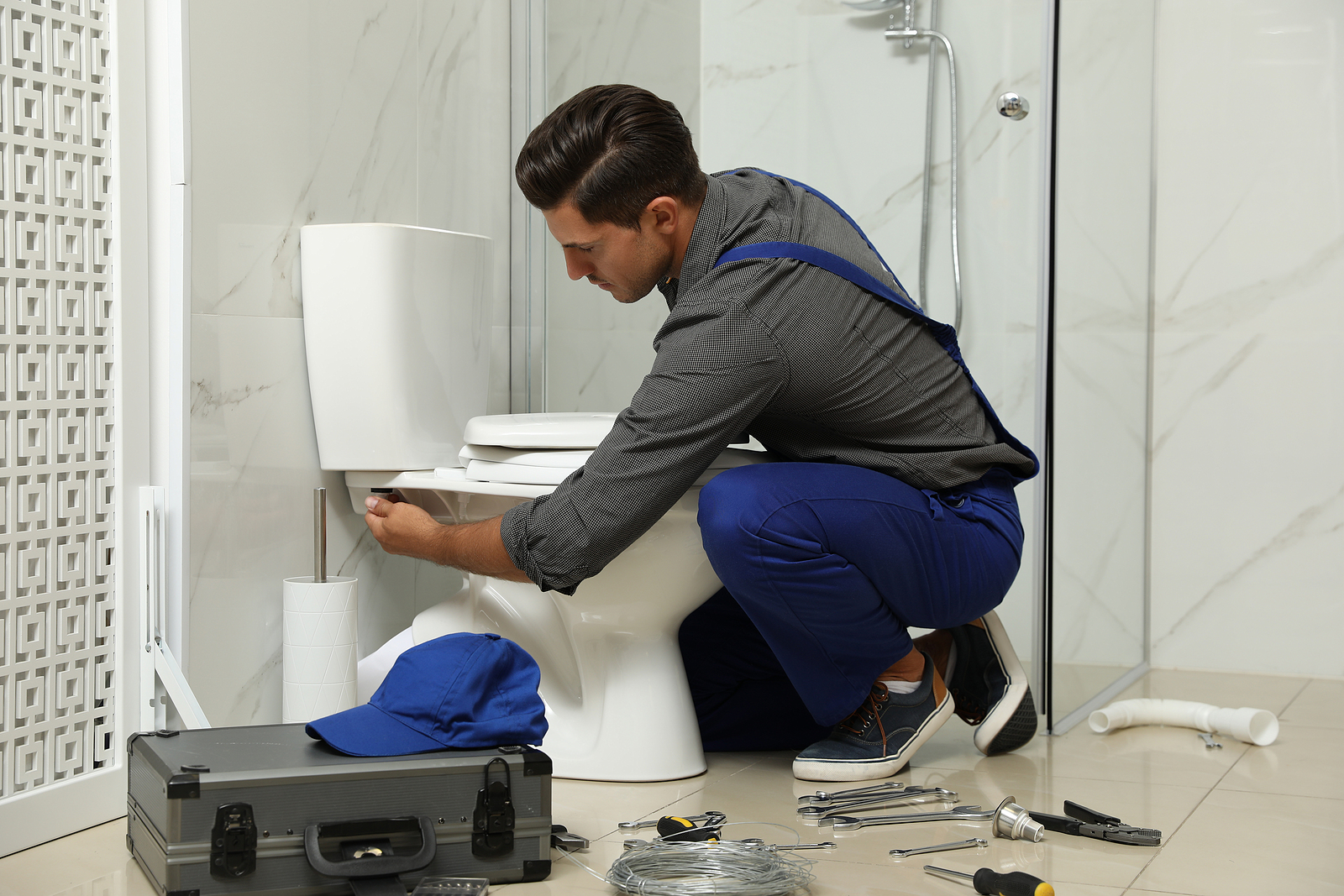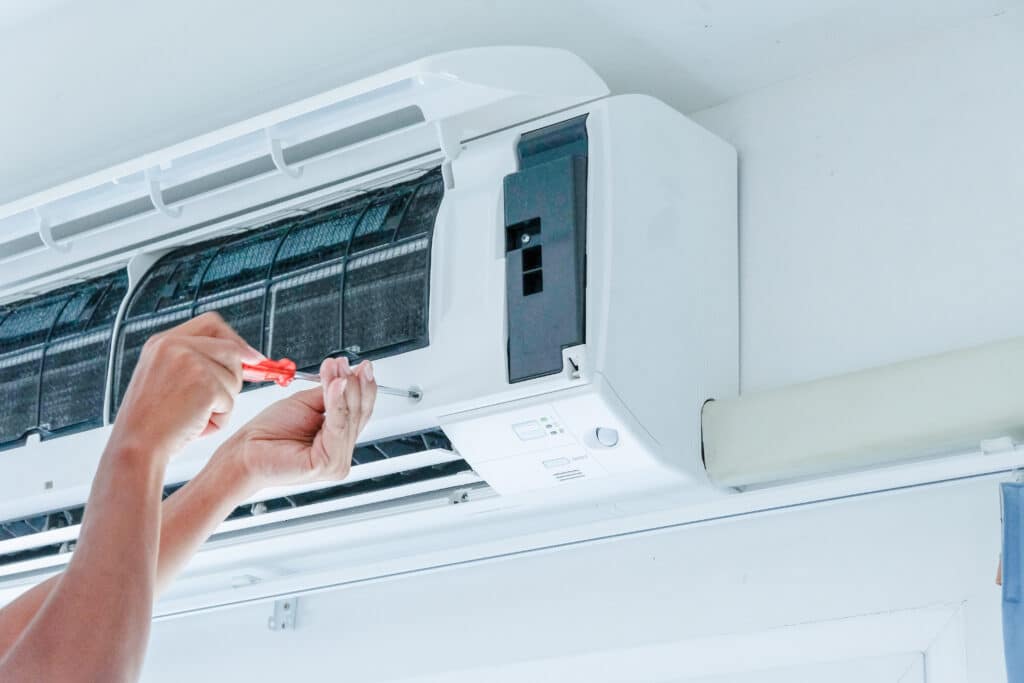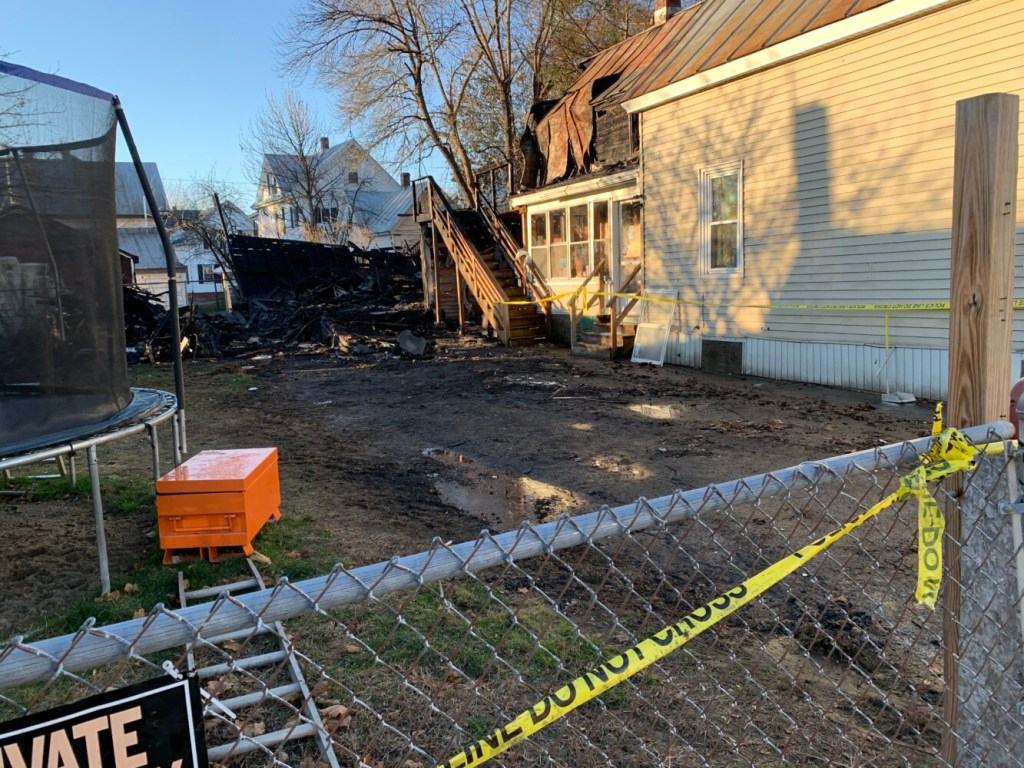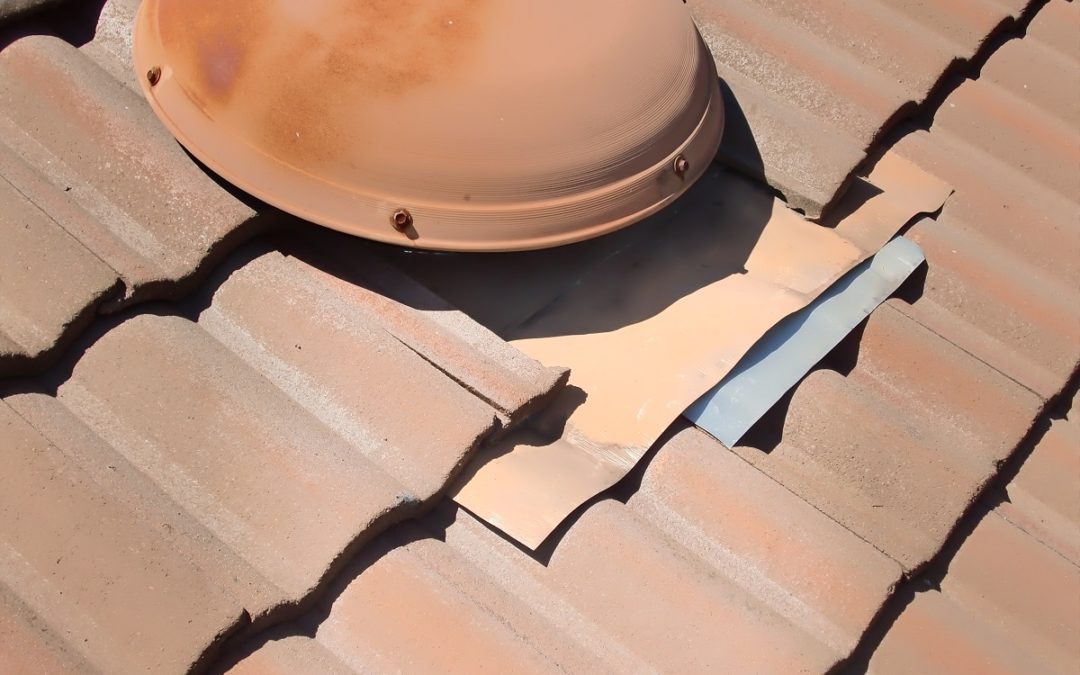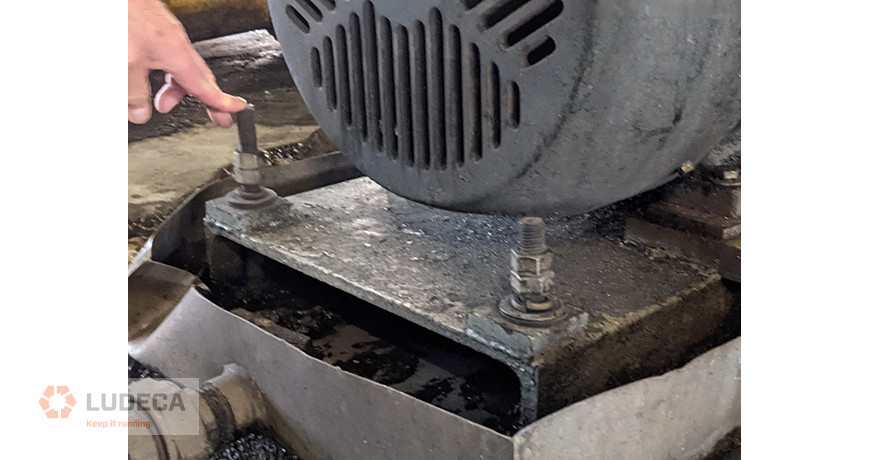1. Clogged Drain
One of the most common causes of a foul smell coming from the kitchen sink overflow is a clogged drain. This can happen when food scraps, grease, or other debris get stuck in the pipes and begin to decompose. The buildup of bacteria and mold can create a strong odor that is not only unpleasant but also unhygienic. If you notice a foul smell coming from your kitchen sink, it’s important to address the issue of a clogged drain as soon as possible.
2. Bacteria Buildup
Bacteria thrive in moist and dark environments, making your kitchen sink overflow the perfect breeding ground. When food particles and other organic matter get stuck in the pipes, they begin to decompose and attract bacteria. The bacteria then release gases, resulting in a foul smell. Regularly cleaning and disinfecting your kitchen sink can help prevent bacteria buildup and eliminate unpleasant odors.
3. Food Debris
It’s not uncommon for food debris to get trapped in the kitchen sink overflow, especially if you don’t have a garbage disposal. Over time, this can lead to a buildup of rotting food and create a strong smell. To prevent this, try to avoid putting large food scraps down the sink and use a drain cover to catch any smaller particles.
4. Mold Growth
Mold loves damp and dark environments, making your kitchen sink overflow the perfect breeding ground. If you notice a musty smell coming from your sink, it’s likely that there is mold growing in the pipes. Not only does this create an unpleasant odor, but it can also be harmful to your health. It’s important to address any mold growth in your sink as soon as possible by thoroughly cleaning and disinfecting the area.
5. Blocked Vent Pipe
The vent pipe is responsible for releasing sewer gases and allowing air to flow through your plumbing system. If the vent pipe becomes clogged or damaged, it can lead to a buildup of sewer gas in your sink, resulting in a foul smell. This can happen if debris or small animals get stuck in the vent pipe. If you suspect a blocked vent pipe, it’s best to call a professional plumber to address the issue.
6. Sewer Gas Leak
In some cases, a foul smell coming from the kitchen sink overflow could be a sign of a sewer gas leak. This can happen if there is a crack or damage in the sewer line, allowing the gases to seep into your home. Sewer gas has a distinct rotten egg smell and can be harmful to your health if inhaled. If you suspect a sewer gas leak, it’s important to call a professional plumber immediately to fix the issue.
7. Grease Accumulation
Grease and oil can easily build up in your kitchen sink and pipes, especially if you regularly pour cooking oils down the drain. Over time, this can lead to a thick layer of grease that can trap food particles and create a strong odor. To prevent this, avoid pouring grease down the sink and regularly clean and degrease your pipes.
8. Standing Water
If your kitchen sink has standing water, it can create a stagnant environment that is perfect for bacteria and mold growth. This can result in a musty, unpleasant smell coming from your sink. Standing water in your sink can be caused by a clogged drain, a broken pipe, or a faulty drain stopper. It’s important to address the issue and remove the standing water as soon as possible to prevent further odors and potential water damage.
9. Old or Damaged Pipes
Over time, pipes can become corroded, damaged, or worn out, leading to leaks and unpleasant smells. If you have an older home, it’s possible that your pipes may need to be replaced. Damaged pipes can also be caused by tree roots growing into your plumbing system, leading to cracks and blockages. If you suspect that your pipes are the cause of the smell, it’s best to call a professional plumber to assess and fix the issue.
10. Improper Installation
If your kitchen sink was not installed properly, it can lead to a variety of issues, including a foul smell coming from the overflow. Improper installation can cause the pipes to be misaligned or not properly connected, leading to leaks and odors. If you suspect that your sink was not installed correctly, it’s important to have a professional plumber assess and fix the issue to prevent further problems.
The Importance of Proper Plumbing in House Design
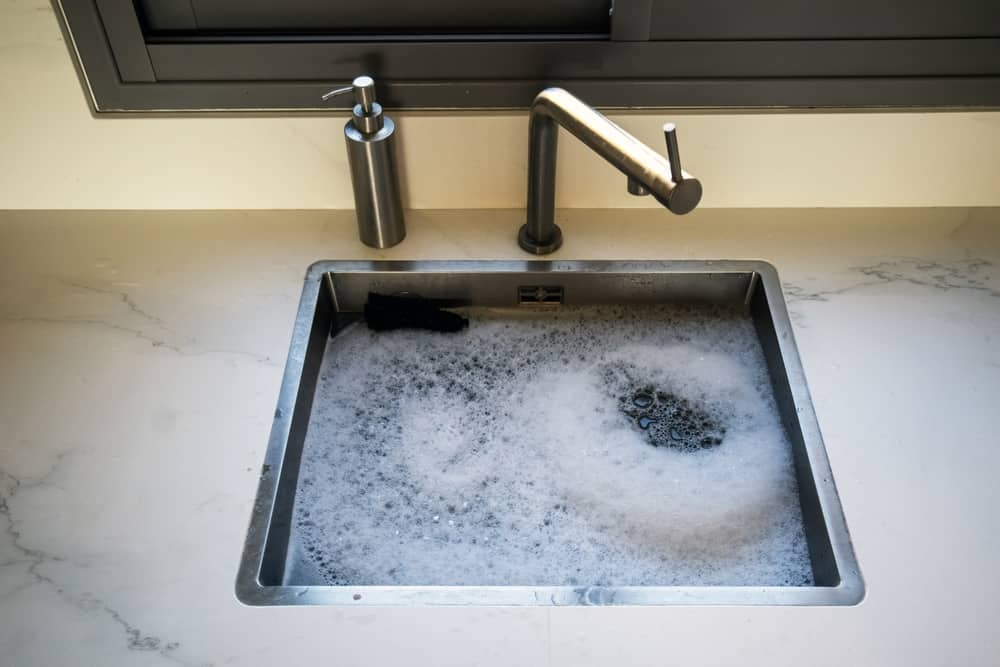
Maintaining a Clean and Pleasant Environment
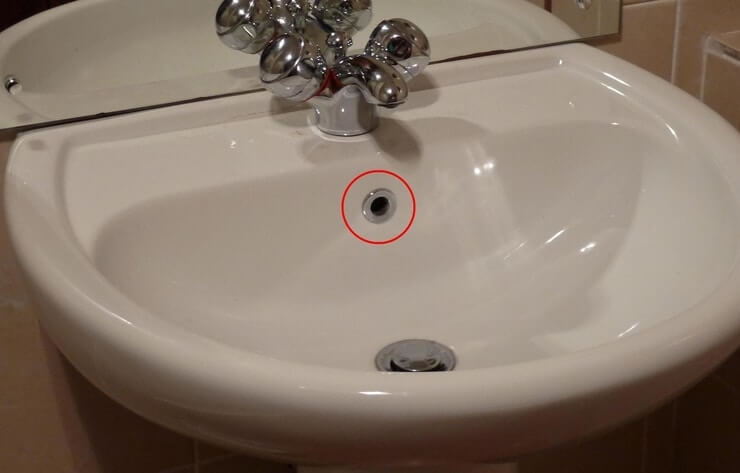 When designing a house, many factors need to be considered to ensure a functional and comfortable living space. One aspect that often gets overlooked is the plumbing system, which plays a crucial role in maintaining a clean and pleasant environment. A common issue that homeowners face is a
smell coming from the kitchen sink overflow
, which can be caused by a variety of factors.
One of the main reasons for this unpleasant smell is due to
clogged or dirty drainage pipes
. Over time, food particles, grease, and other debris can accumulate in the pipes, causing a buildup of bacteria and mold. This not only results in a foul odor but can also lead to health hazards for the household.
When designing a house, many factors need to be considered to ensure a functional and comfortable living space. One aspect that often gets overlooked is the plumbing system, which plays a crucial role in maintaining a clean and pleasant environment. A common issue that homeowners face is a
smell coming from the kitchen sink overflow
, which can be caused by a variety of factors.
One of the main reasons for this unpleasant smell is due to
clogged or dirty drainage pipes
. Over time, food particles, grease, and other debris can accumulate in the pipes, causing a buildup of bacteria and mold. This not only results in a foul odor but can also lead to health hazards for the household.
The Importance of Proper Ventilation
 Another possible cause of the smell is
improper ventilation
. Every plumbing fixture in a house, including sinks, toilets, and showers, needs a vent pipe to allow for proper air circulation. Without adequate ventilation, gases can get trapped in the pipes, causing unpleasant odors to seep into the house.
Moreover,
improperly installed or damaged drain traps
can also contribute to the smell from the kitchen sink overflow. The drain trap is a U-shaped pipe that holds a small amount of water to prevent sewer gases from entering the house. If the trap is not properly installed or damaged, it can allow these gases to escape, resulting in a foul smell.
Another possible cause of the smell is
improper ventilation
. Every plumbing fixture in a house, including sinks, toilets, and showers, needs a vent pipe to allow for proper air circulation. Without adequate ventilation, gases can get trapped in the pipes, causing unpleasant odors to seep into the house.
Moreover,
improperly installed or damaged drain traps
can also contribute to the smell from the kitchen sink overflow. The drain trap is a U-shaped pipe that holds a small amount of water to prevent sewer gases from entering the house. If the trap is not properly installed or damaged, it can allow these gases to escape, resulting in a foul smell.
Addressing the Issue
 To prevent the smell from coming from the kitchen sink overflow, it is essential to have a well-designed and maintained plumbing system. Regularly cleaning and unclogging the drainage pipes can help prevent the buildup of bacteria and mold. Additionally, ensuring proper ventilation and functioning drain traps can also help eliminate the unpleasant smell.
In conclusion, a well-designed plumbing system is crucial for maintaining a clean and pleasant environment in a house. By addressing and solving issues such as the
smell coming from the kitchen sink overflow
, homeowners can ensure a healthy and comfortable living space for themselves and their families. If you are facing this issue in your home, it is best to consult a professional plumber to identify and fix the root cause of the problem.
To prevent the smell from coming from the kitchen sink overflow, it is essential to have a well-designed and maintained plumbing system. Regularly cleaning and unclogging the drainage pipes can help prevent the buildup of bacteria and mold. Additionally, ensuring proper ventilation and functioning drain traps can also help eliminate the unpleasant smell.
In conclusion, a well-designed plumbing system is crucial for maintaining a clean and pleasant environment in a house. By addressing and solving issues such as the
smell coming from the kitchen sink overflow
, homeowners can ensure a healthy and comfortable living space for themselves and their families. If you are facing this issue in your home, it is best to consult a professional plumber to identify and fix the root cause of the problem.









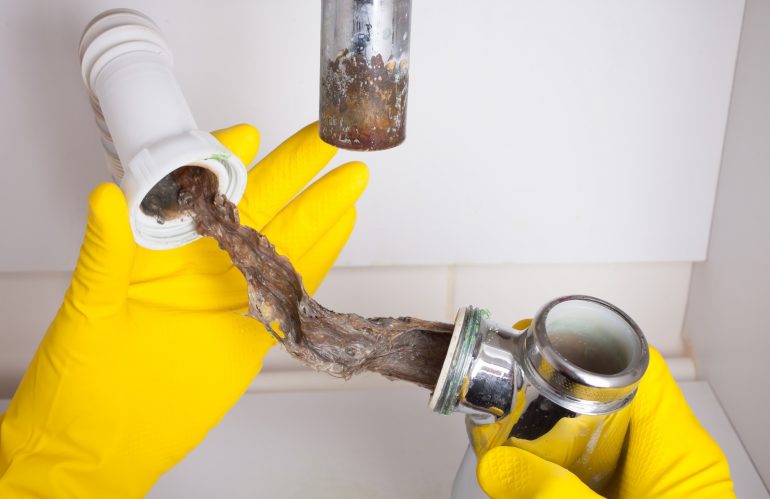




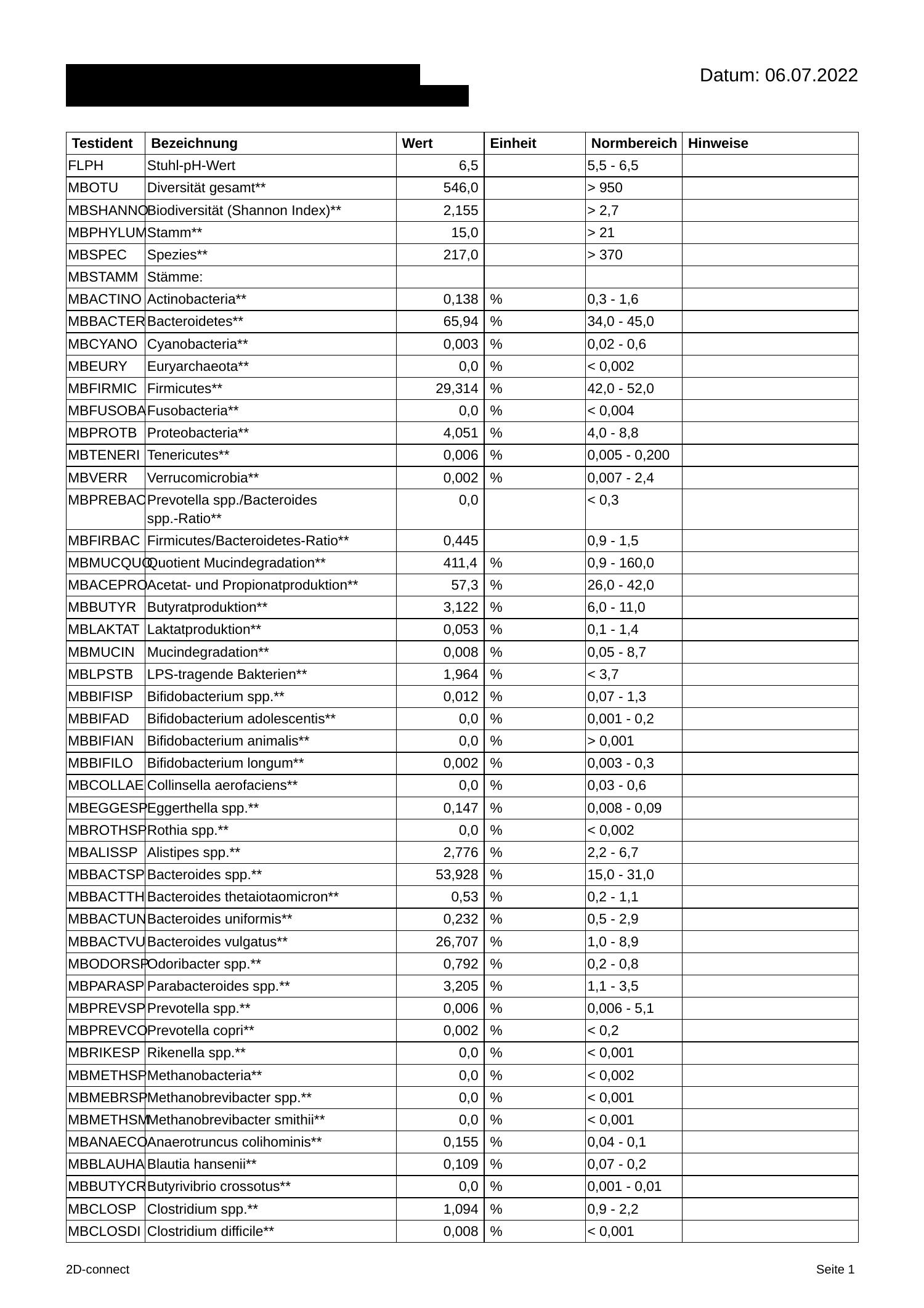


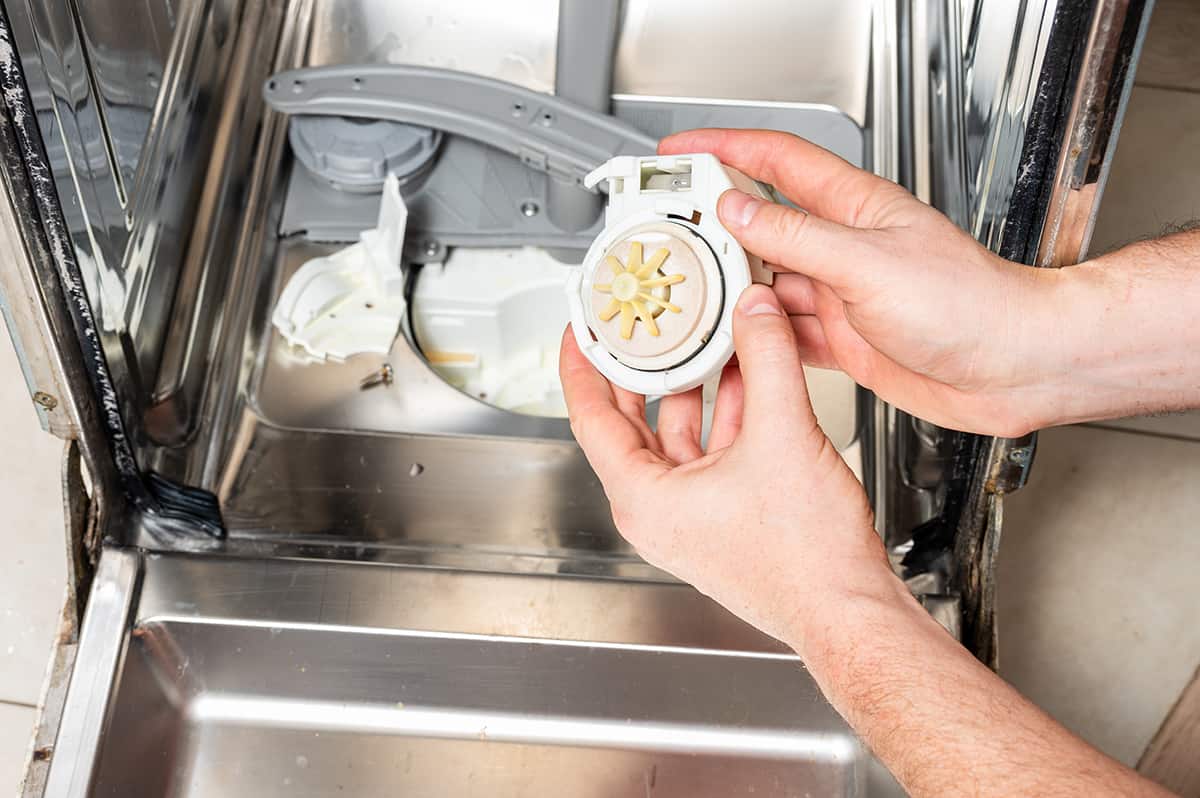

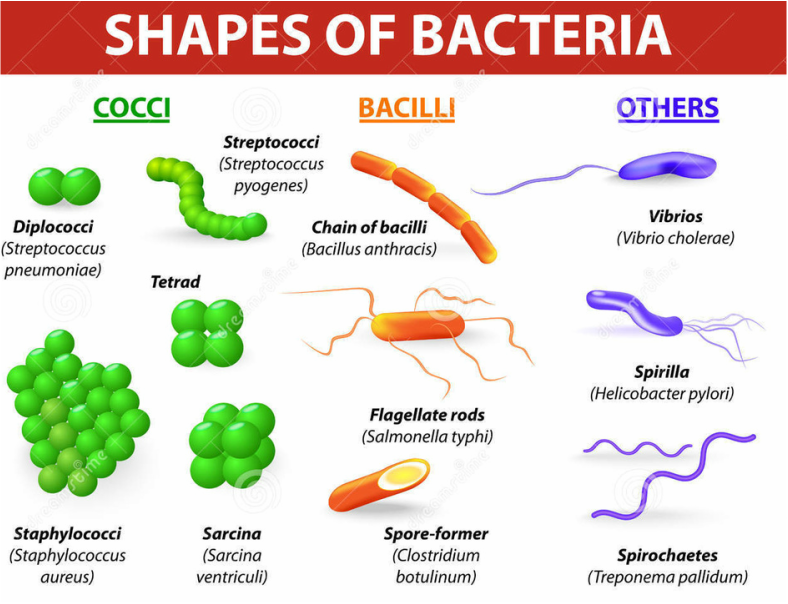


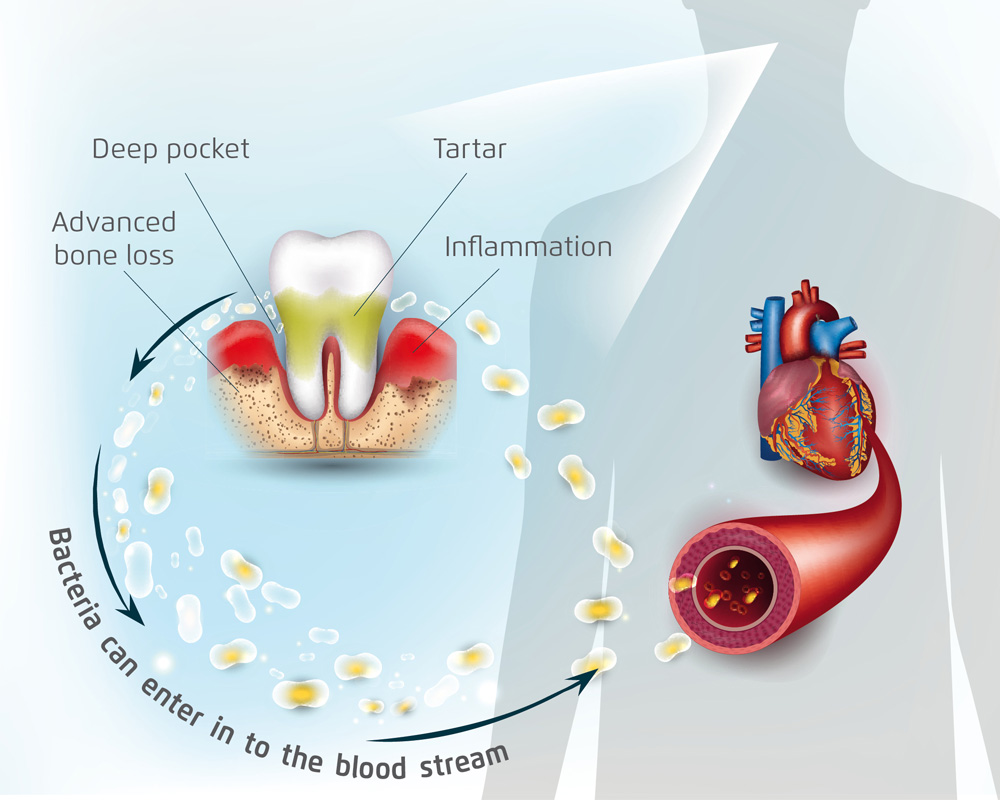


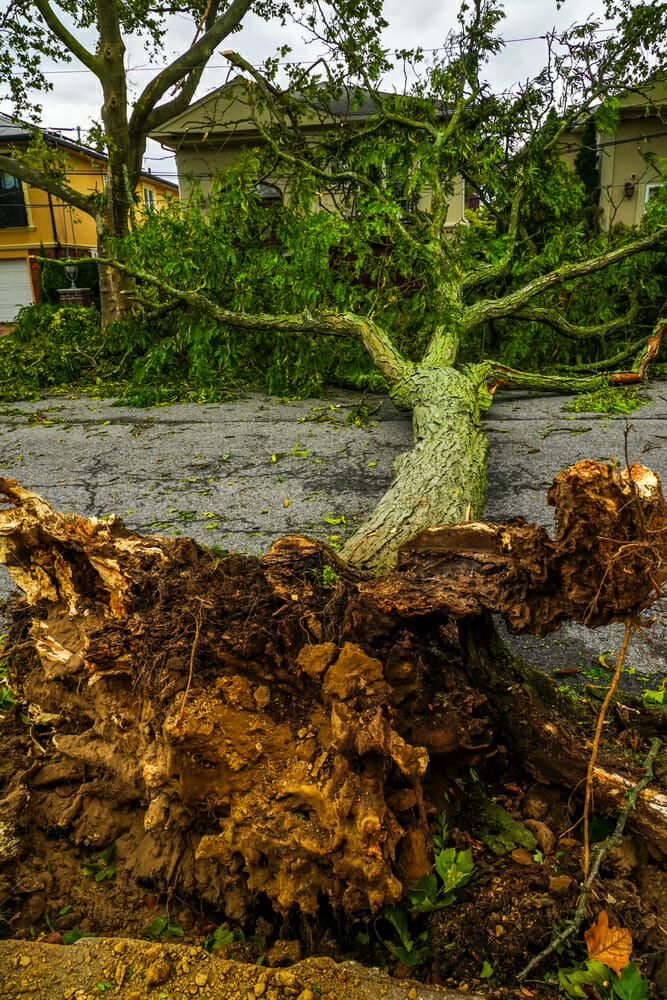
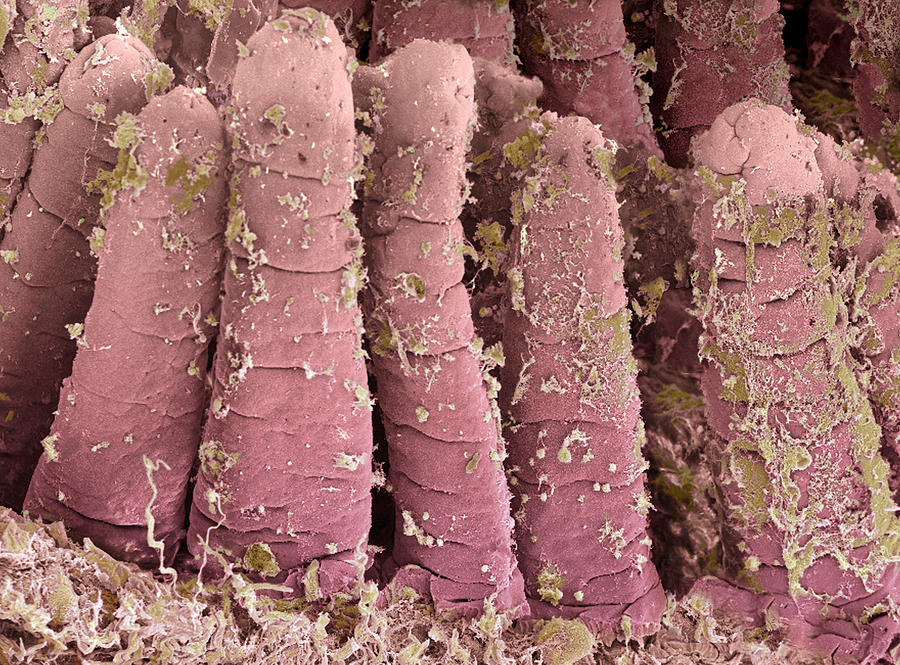


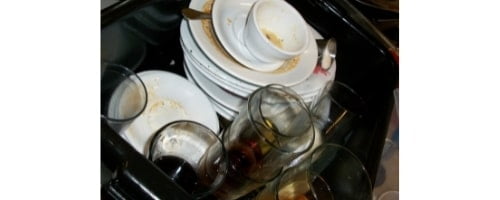







/cdn.vox-cdn.com/uploads/chorus_image/image/67056409/GettyImages_758591313.0.jpg)
